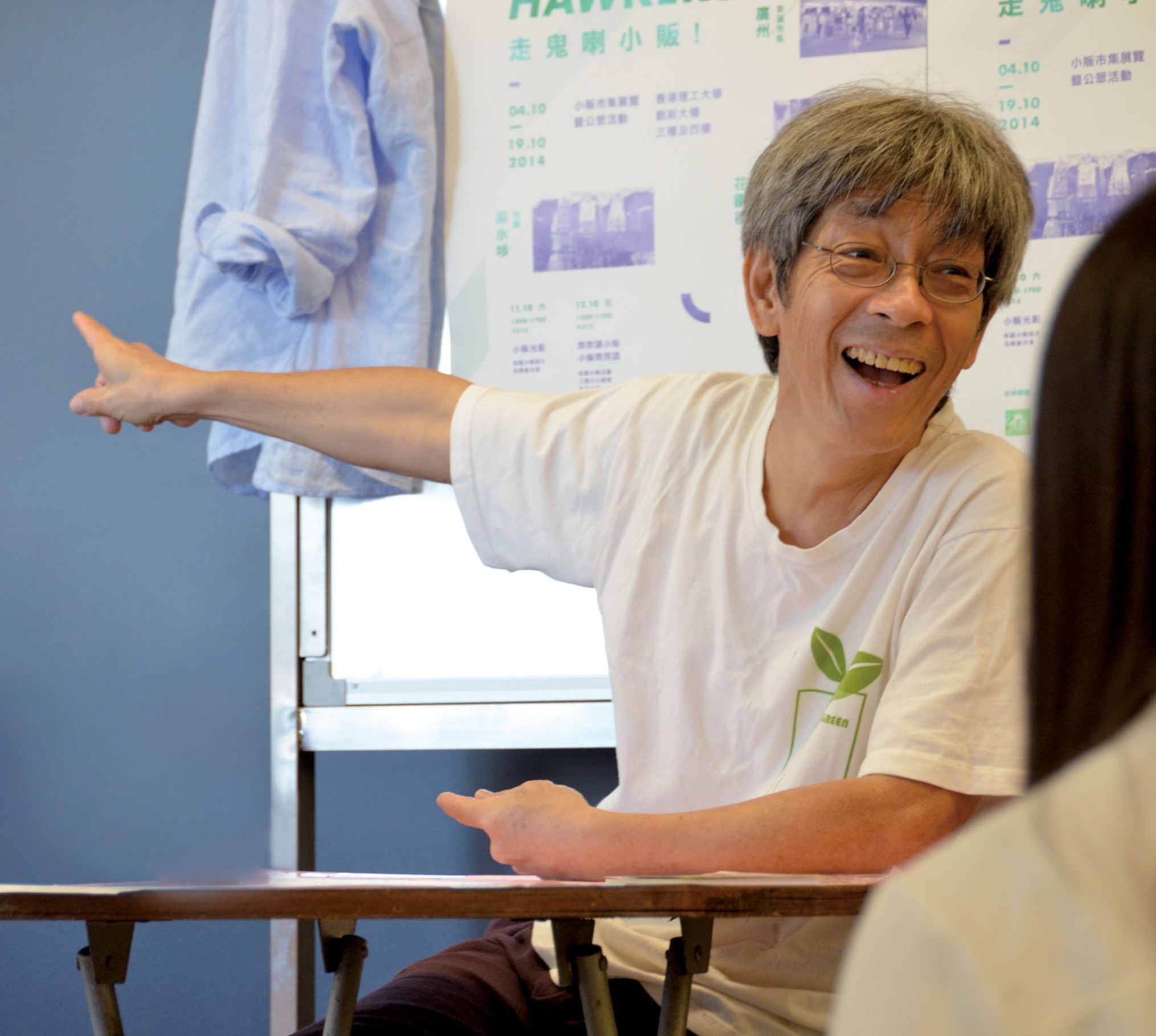How telling stories healed activist Yuen Che-hung’s soul
By Donna Shiu
A small, slight man with a mop of grey hair is walking along a running track as a train in the middle distance approaches fast. He feels the onrush of the locomotive and, when it surges past, it seems as if it is taking his wrinkles away as it speeds off into the night. The man is 62-year-old storyteller Yuen Che-hung, better known as Uncle Hung, and he is describing a scene and an emotion he experienced on his way to his interview with Varsity. It may very well appear later in one of Yuen’s stories, if it has not done so already.
“My innate ability is to find stories,” Yuen says. He has felt a strong urge to express himself since he was a child but was not always brave enough to speak his mind. The first stories were told under his blanket, where he played multiple roles in his heroic tales. But he never expected he could turn his storytelling talent into a career that has lasted for more than two decades.
Before becoming a full-time storyteller, Yuen had a number of different jobs. He taught English at a secondary school, worked in the publishing unit of a kindergarten and for the theatre education team of the Chung Ying Theatre Company. It was while working for the theatre company that he discovered his interest in storytelling.
As a storyteller, Yuen goes to different schools to tell stories on request. In his work, he comes across many children and parents. Some of these parents insist the value of storytelling lies in how much the stories can teach children. Yuen believes this is a misconception. He responds by asking them when children start to read. “Babies start to read from birth,” Yuen says. “When they open their eyes, the world is a book … Kids saying they know nothing actually know more than adults.”
Yuen thinks stories help children to learn about the world through stimulating and stirring up their curiosity. He refuses to tell stories that urge children to act in a certain way which are very popular in Chinese societies. “When you want to exhort children [to behave] with a story, the story is fading. Children can only remember the exhortation,” he says.
Yuen’s educational philosophy is to let the world speak for itself. It is a parenting style he learnt from his father. Yuen’s father always supported his choices, something that allowed his son to be a life-long dreamer. When Yuen was in Secondary Six in 1971, he was swept up in the active student movement of the time – enlightened by books of existentialist philosophy and listening to the songs of Bob Dylan and Simon and Garfunkel.







































